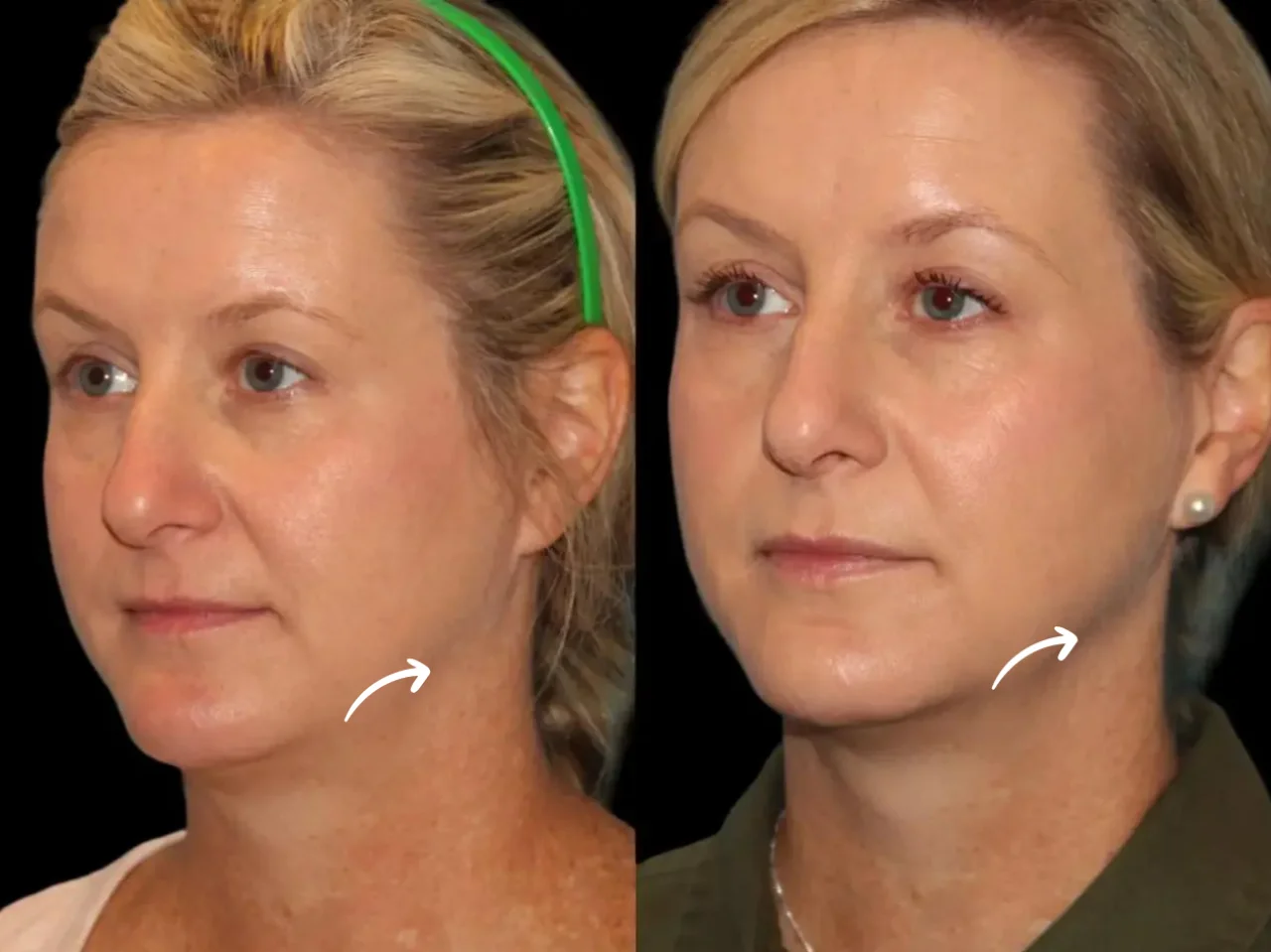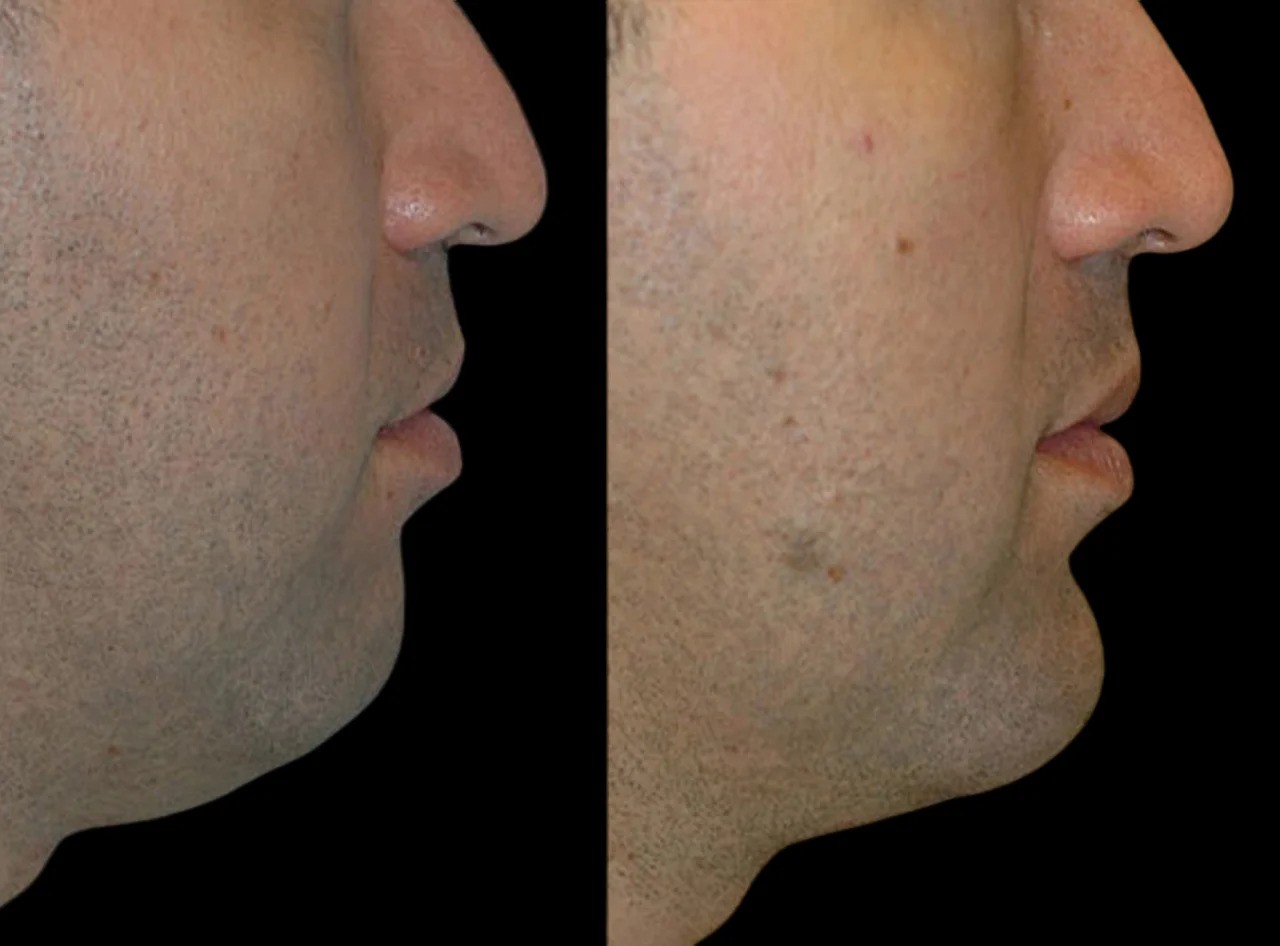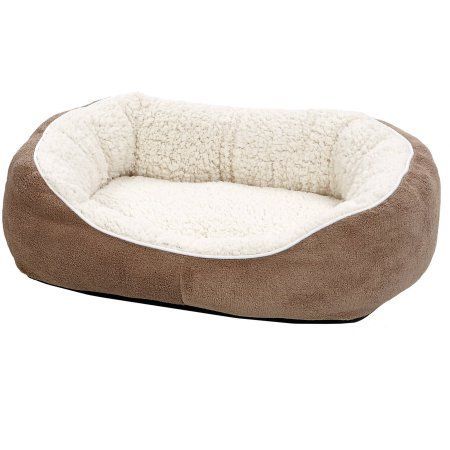In today’s fast-paced world, achieving a balanced lifestyle can be challenging but incredibly rewarding. A balanced lifestyle involves harmonizing various aspects of life, including physical health, mental well-being, relationships, and personal growth. Here are some key components to consider:
1. Physical Health
Maintaining physical health is foundational to a balanced lifestyle. This includes:
Regular Exercise: Engaging in physical activities like walking, running, yoga, or strength training helps improve cardiovascular health, increase strength, and boost mood.
Healthy Eating: A balanced diet rich in fruits, vegetables, lean proteins, and whole grains provides the necessary nutrients your body needs to function optimally.
Adequate Sleep: Prioritizing 7-9 hours of quality sleep each night helps rejuvenate the body and mind, improving overall health and productivity.
2. Mental Well-being
Mental health is as important as physical health. Consider these practices:
Mindfulness and Meditation: These practices can help reduce stress and increase awareness and focus.
Stress Management: Techniques such as deep breathing exercises, journaling, or engaging in hobbies can alleviate stress.
Professional Support: Seeking help from therapists or counselors can provide guidance and support when needed.
3. Relationships
Strong relationships contribute significantly to happiness and life satisfaction. Nurture them by:
Open Communication: Foster honest and open conversations with friends and family.
Quality Time: Spend meaningful time with loved ones, creating lasting memories.
Empathy and Support: Show understanding and support during challenging times.
4. Personal Growth
Continual learning and self-improvement are vital for a fulfilling life. Ways to grow include:
Setting Goals: Define personal and professional goals to give direction and purpose to your efforts.
Learning New Skills: Engage in lifelong learning through courses, books, or workshops.
Self-Reflection: Regularly assess your progress and adjust your goals and strategies accordingly.
5. Work-Life Balance
Balancing professional responsibilities with personal life is crucial:
Time Management: Prioritize tasks and set boundaries to ensure work does not encroach on personal time.
Flexible Working: If possible, explore flexible working arrangements that suit your lifestyle.
Unplugging: Take regular breaks from technology to recharge and focus on personal interactions.
Conclusion
Achieving a balanced lifestyle requires conscious effort and commitment. By prioritizing physical health, mental well-being, strong relationships, personal growth, and a healthy work-life balance, you can lead a more fulfilling and harmonious life. Remember, it’s about finding what works best for you and making adjustments as needed to maintain balance.
What is a balanced lifestyle?
A balanced lifestyle involves maintaining harmony between various aspects of life, such as physical health, mental well-being, relationships, personal growth, and work-life balance.
How can I improve my physical health?
Exercise Regularly: Aim for at least 150 minutes of moderate aerobic activity each week.
Eat a Balanced Diet: Focus on whole foods, including fruits, vegetables, lean proteins, and whole grains.
Get Adequate Sleep: Ensure 7-9 hours of quality sleep per night.
What are some ways to enhance mental well-being?
Practice Mindfulness: Engage in meditation or yoga.
Manage Stress: Use techniques like deep breathing, journaling, or hobbies.
Seek Professional Help: Consider therapy or counseling if needed.
How can I build stronger relationships?
Communicate Openly: Share thoughts and feelings honestly.
Spend Quality Time: Prioritize meaningful interactions with loved ones.
Show Empathy: Be supportive and understanding.
What steps can I take for personal growth?
Set Goals: Establish clear personal and professional objectives.
Learn Continuously: Take courses or read to acquire new skills.
Reflect Regularly: Assess your progress and adjust your goals as necessary.
How do I achieve work-life balance?
Manage Your Time: Prioritize tasks and set boundaries.
Explore Flexibility: Consider flexible working arrangements if possible.
Unplug Often: Take breaks from technology to recharge.
Why is a balanced lifestyle important?
A balanced lifestyle promotes overall well-being, reduces stress, increases productivity, and enhances life satisfaction.
Can I maintain a balanced lifestyle with a busy schedule?
Yes, by prioritizing tasks, setting realistic goals, and making time for self-care, even a busy schedule can accommodate a balanced lifestyle.
What if I struggle to maintain balance?
It’s normal to face challenges. Reevaluate your priorities, seek support from friends or professionals, and make small, manageable changes to regain balance.















